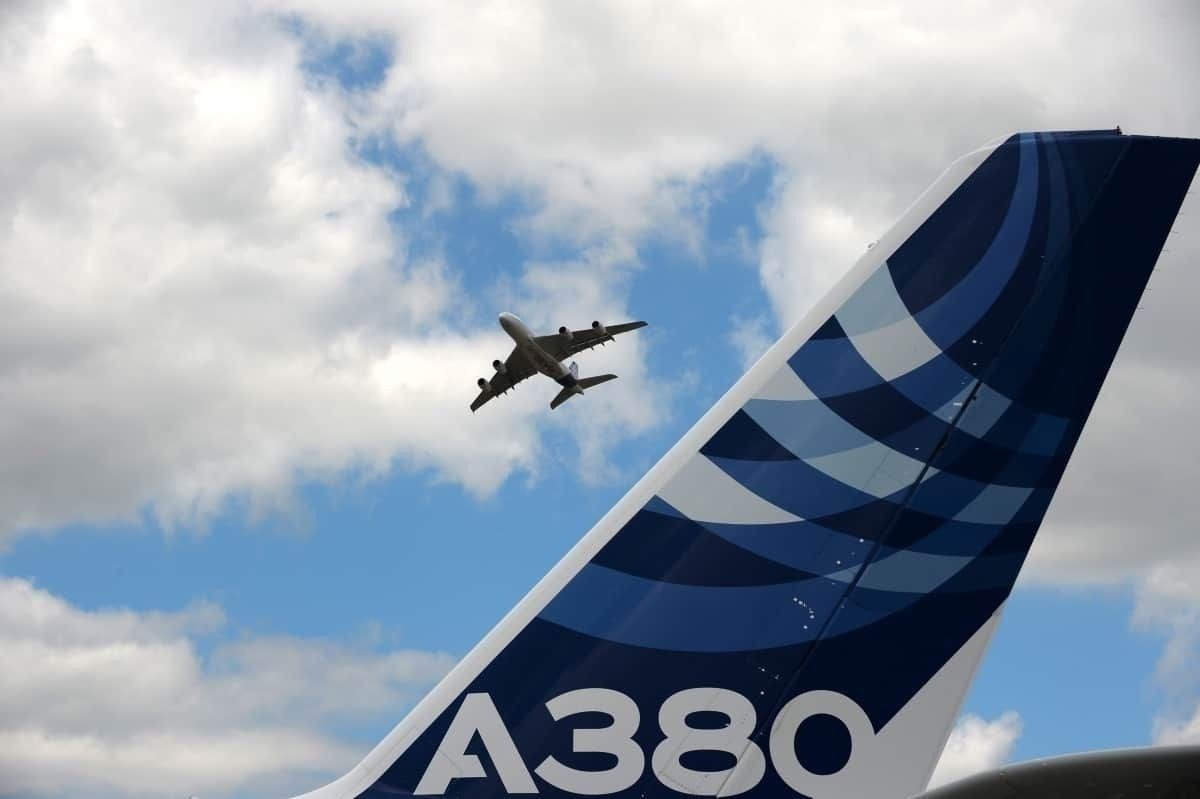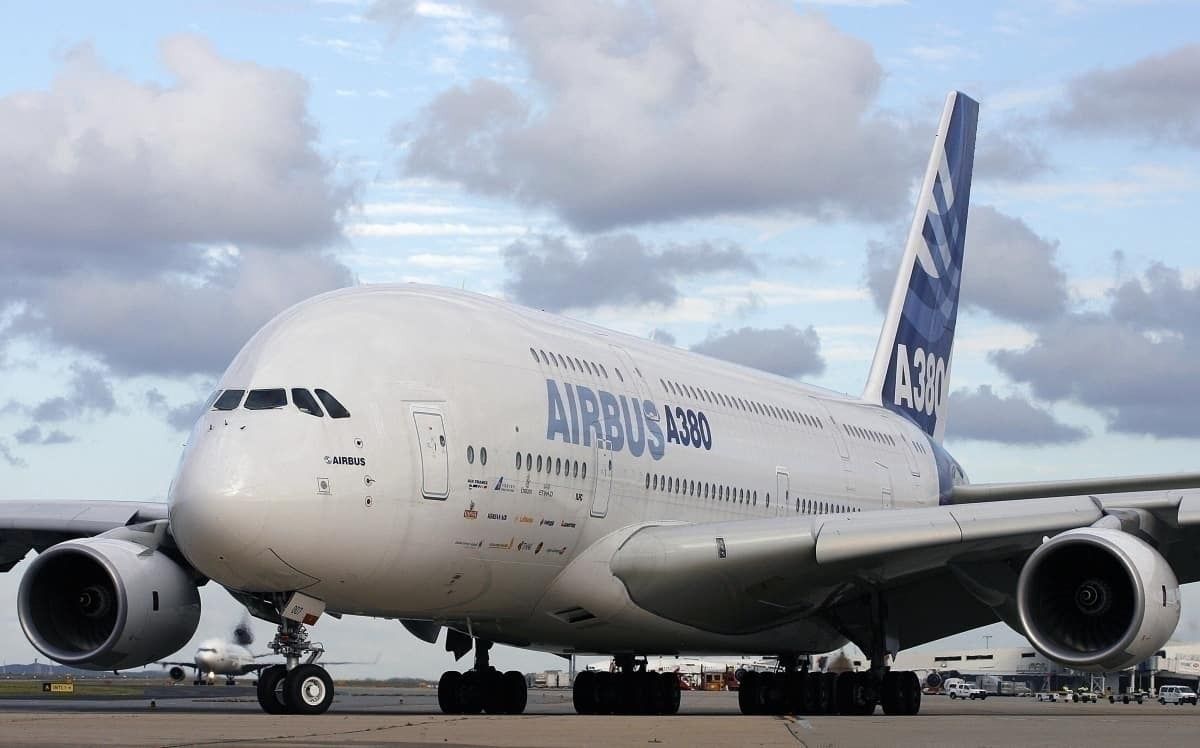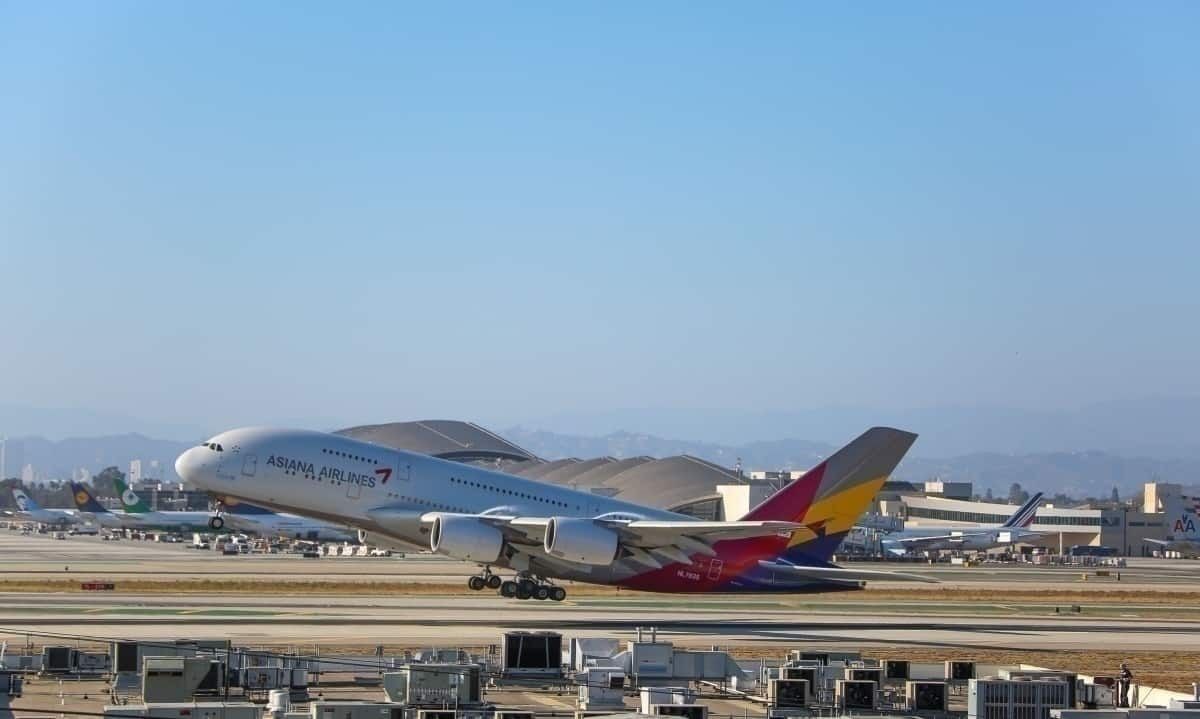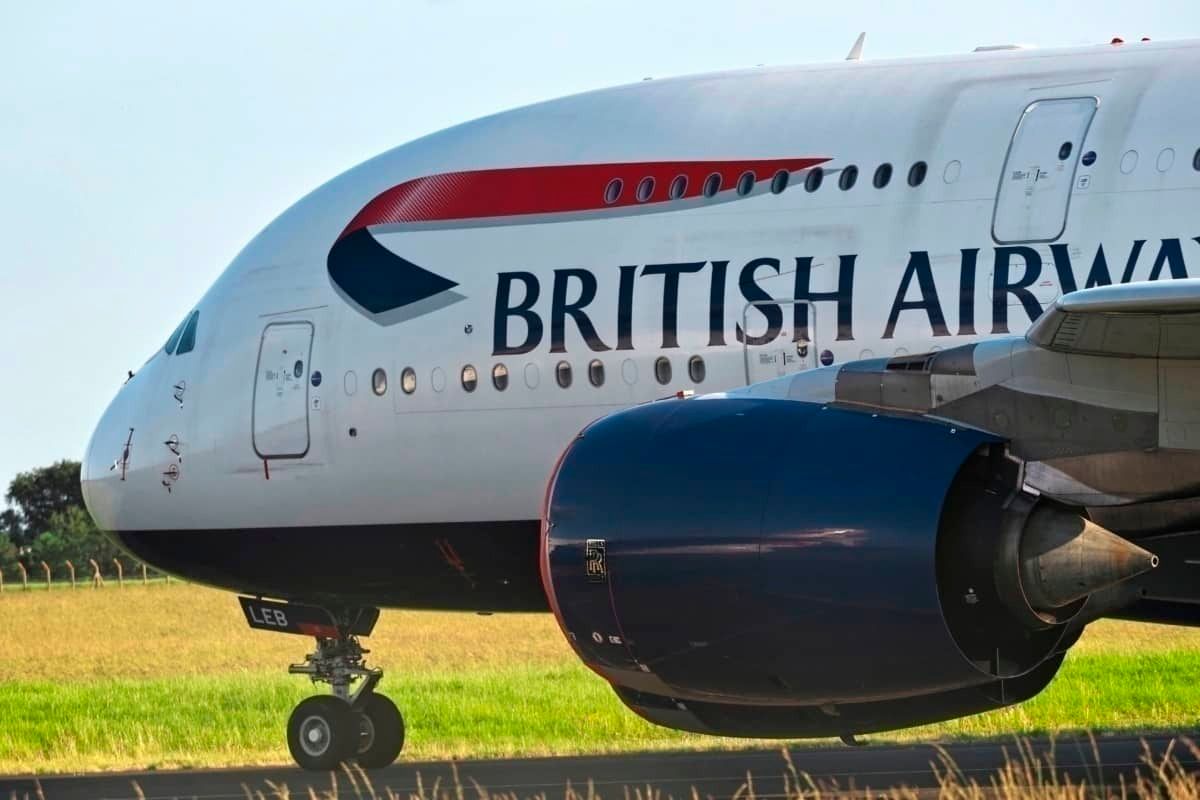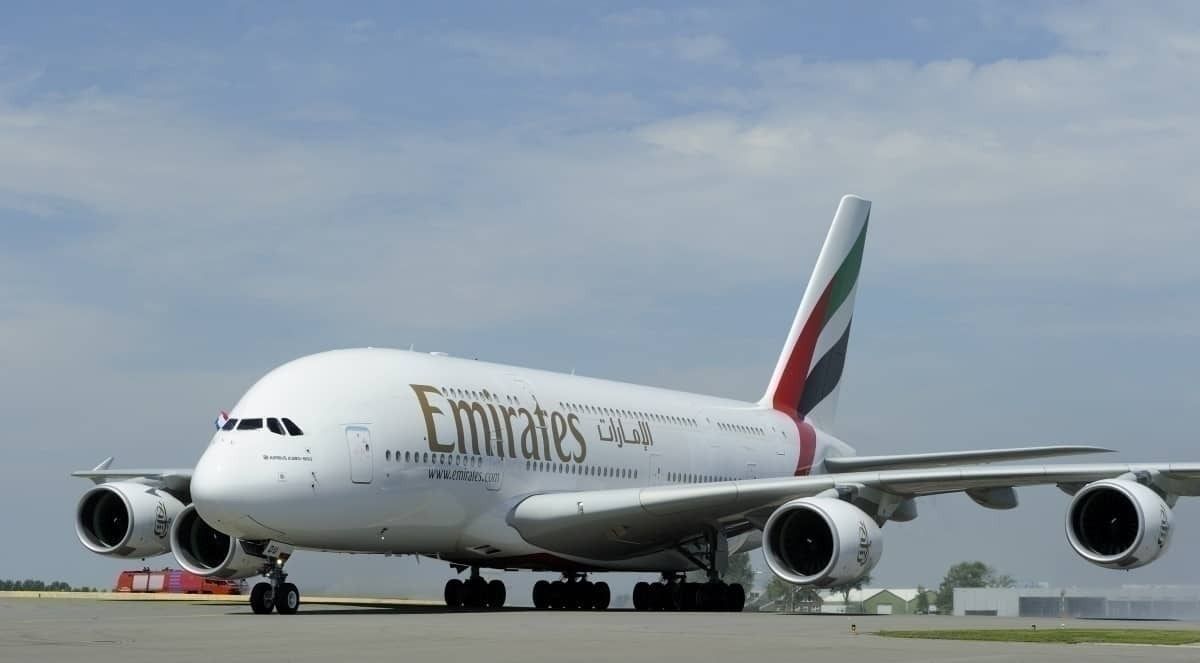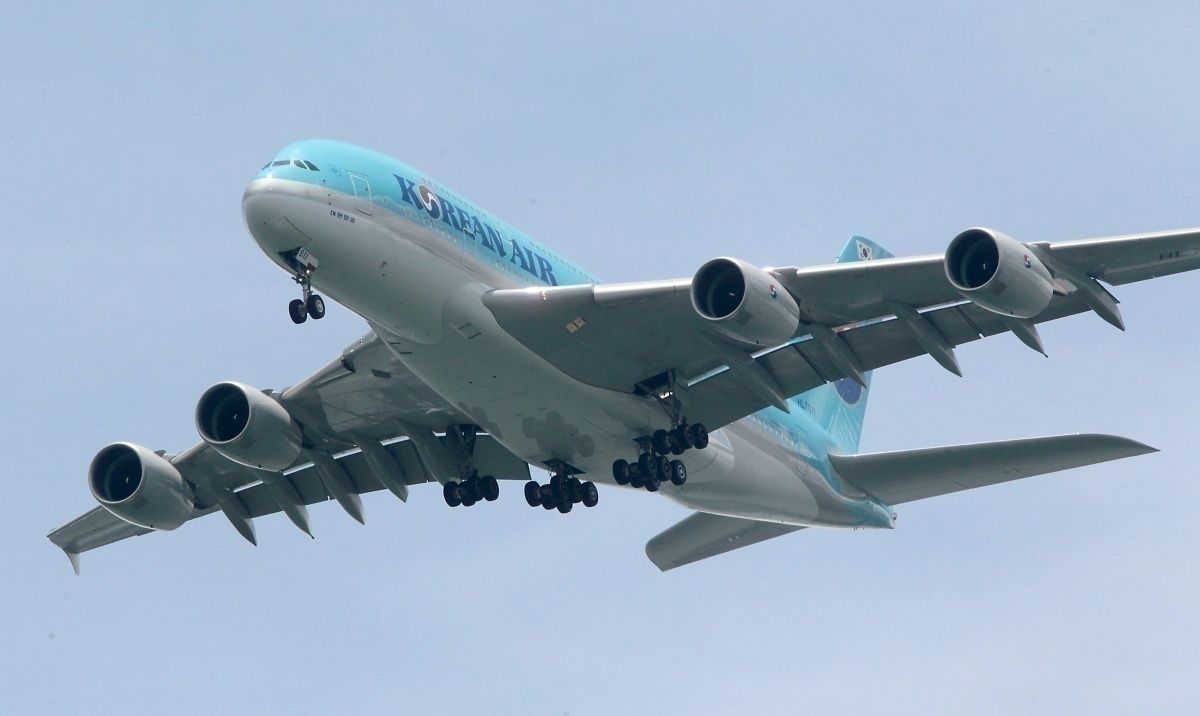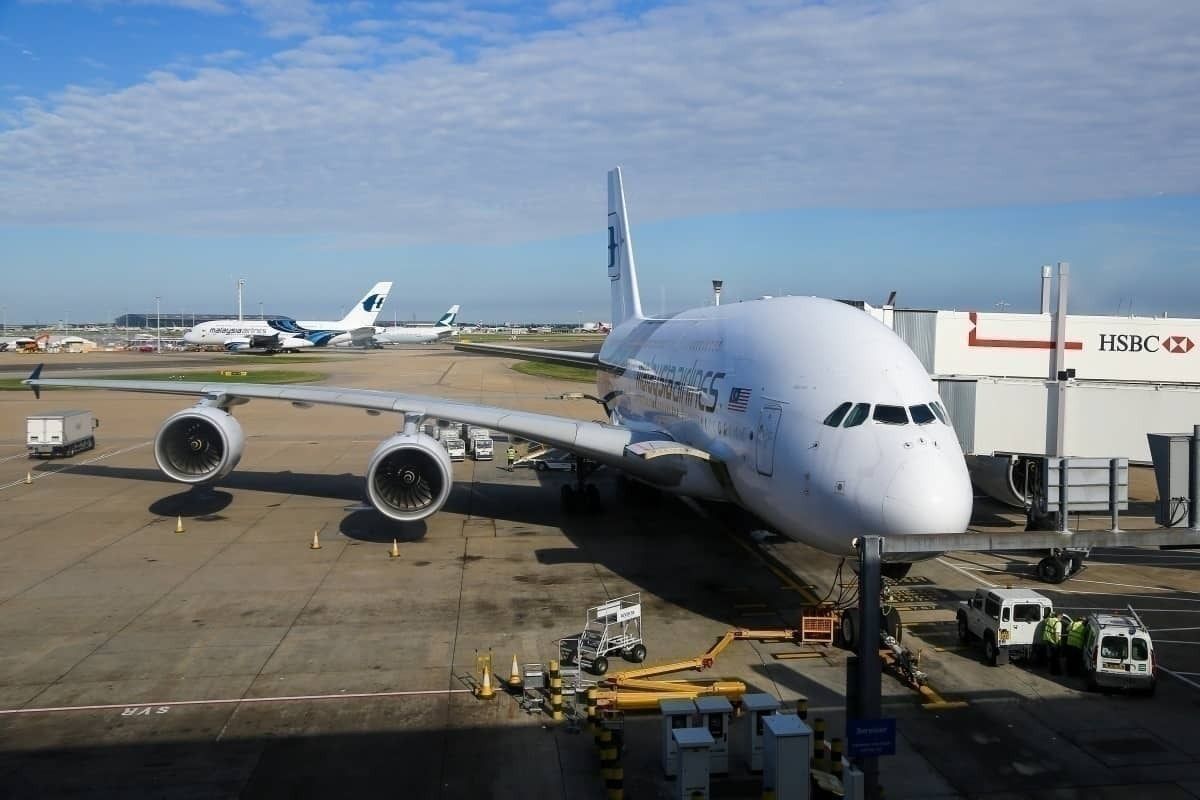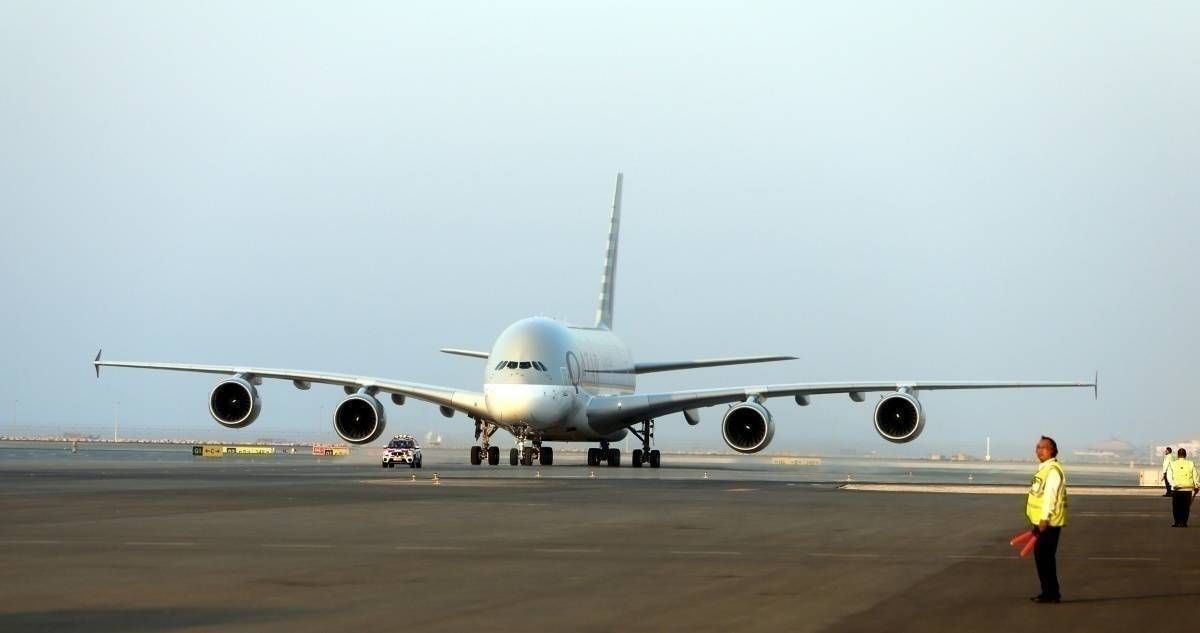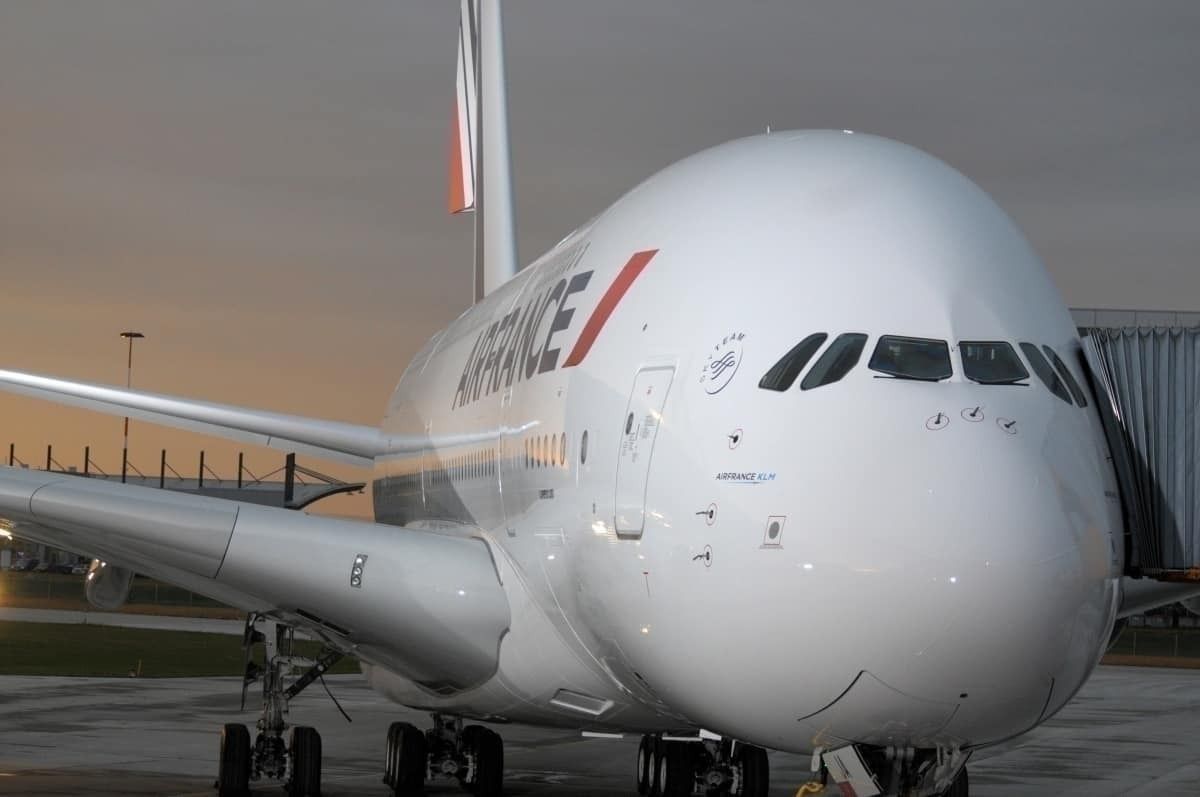The A380 is an aircraft of historical significance for both the right and the wrong reasons. While it is the largest commercial aircraft ever built, its grandeur is now butting heads with the balance sheet. It means some airlines are reflecting on how best to use the A380 in their fleets. Or, indeed, whether to scrap it altogether. Here's a quick look at what airlines are deciding so far.
Divisions over the A380
With the COVID-19 outbreak, airlines have had to do more than just alter the way they operate. For the vast majority, an organization-wide re-evaluation has been needed to prevent future financial losses and potential collapse. Fleet reviews have been conducted, and, for those that own it, the Airbus A380 has been a topic of contention. The reason? Simply that the aircraft is too large for current demand.
Stay informed: Sign up for our daily aviation news digest.
With air travel expected to recover to 2019 levels by 2023 and growth projected from 2024, the opportunity for smaller capacity aircraft has arisen. Despite that, not every airline has rushed to make its A380s redundant. Notably, Emirates holds its A380 fleet dear and projects that all its aircraft will be back up and running in under two years.
Therefore, it goes without saying that some have identified merits to continuing A380 operations, and it's that optimism that is dividing the industry.
All Nippon Airways
For Japanese All Nippon Airways, the arrival of its third brand-new A380 should have been a celebration. Right now, it's somewhat of a grey area. While the airline had expected to take delivery of the jet in March this year, those plans have since been put on hold. With two aircraft grounded, the third A380 awaits its verdict at Airbus' facility in Toulouse, France.
The airline is expected to take control of the aircraft registered F-WWAL in October 2020 after deferring delivery. Until then, the airline must decide what it will do, not only with this A380 but with the entire fleet.
Asiana Airlines
According to iflyA380, Asiana Airlines has six A380s, which it flies to eight destinations. It's been rather quiet about what it plans to do with the fleet in the future; however, for now, it will continue to fly the aircraft. Its thinking is to keep its A380 pilots up to date with their training, which suggests that it will plan to bring back the A380 soon. However, the airline has not confirmed this information.
British Airways
Though British Airways shocked the world with the news that it would be retiring its iconic Boeing 747 jumbo jet earlier this month, it has not said whether the A380 will meet a similar fate. It has 12 A380s in its fleet, although for how long remains to be seen.
What's particularly interesting about BA's story is that it retired the 747 citing environmental issues. Working towards its net-zero carbon emissions target by 2050 would have been difficult with the aircraft, it said. That, of course, raises queries about the A380, which is even bigger and surely not the most environmentally friendly choice.
For now, though, the aircraft will remain with the airline until further notice. Two British Airways' A380's are currently undergoing maintenance, suggesting that they will be up and running again in the future.
China Southern
China Southern has five A380s, which it uses on long-haul and high capacity flights. According to the French news site Air Journal, the airline is already using its A380s again to five destinations. They fly from Guangzhou Baiyun International Airport to:
- Amsterdam;
- London (Heathrow);
- Los Angeles;
- Sydney; and
- Vancouver.
It seems as though this is one airline that has not felt pressured to eradicate its A380 fleet.
Emirates
With 115 A380s in its fleet, Emirates is another airline that will not bid farewell to the aircraft any time soon. It relies on the A380 heavily and also operates the largest fleet for the variant in the world. It has shared hopes that all 115 of its A380s will be back in operation by 2022, which is a tall order it's prepared to take. Not only because it wants to but also because it has to.
Etihad
Middle Eastern carrier Etihad has also remained faithful to its A380s. Though it has not said for sure that the A380 would return, it does remain committed to the aircraft. It opted to avoid long-term storage for its fleet and instead has been operating a series of ghost flights. This is while the fleet has remained in short term storage. By that logic, it would be reasonable to suggest that Etihad will continue flying its A380s for a little while longer.
Korean Air
Korean Air was the second Asian airline to ground its A380 fleet in the wake of the coronavirus. Back in March, it intended to keep the fleet out of action until April 25th. Over three months on and the airline has not shared any plans for the future of the fleet.
That, of course, could be a good sign seeing as the airline hasn't rushed to take the A380 out of its operation but with 10 aircraft in six destinations, how important is the A380 to Korean Air's future strategy?
Lufthansa
Lufthansa has 14 A380 aircraft, which it flies to some 12 destinations. While it decided to retire a significant portion of its fleet in 2019, the airline does not intend to operate its A380 for at least another two years. That's subject to a spike in demand. If the airline continues to keep the aircraft until 2022, it will be better poised to decide whether they should fly again.
If they do, it will be thanks to high capacity on pivotal routes, such as those between Germany and New York.
Malaysia Airlines
Malaysia Airlines owns a fleet of six A380s, which were acquired between 2012 and 2013. All but one are parked, according to Planespotters.net; however, the carrier has not announced plans to retire or operate the aircraft again.
Despite that, it's had great success with the A380 as a cargo plane during the height of the pandemic. With any hope that achievement will translate favorably when the airline resumes more of its operations.
Qantas
Earlier this month, Qantas shared the sad yet hopeful news that it would be hibernating its A380 fleet. Though the 12 aircraft are expected to remain on the ground for the next three years, that decision does suggest that the plane may be given another opportunity to operate again in the future. That will inevitably depend on the return of global demand.
Qatar Airways
Interestingly, Qatar Airways has continued to ground its A380s but not so much for finance-related reasons. According to One Mile at a Time, the airline is deliberating over its A380 operation because of environmental reasons. A Qatar representative had said that bringing the A380 back into action could be unethical. It may want to focus on smaller, more fuel-efficient aircraft in the future.
Could this point of interest determine the future for Qatar's fleet?
Singapore International Airlines
Singapore International Airlines has bought itself a little bit more time when it comes to deciding what to do with its A380s. That will, undoubtedly, work in its favor. It gives the airline a chance to decipher how travel demand is changing to predict the future outlook.
SIA is hoping for a decision within the next three months, at which time it will assess what to do with its 19 A380s. It has expressed concern that the recovery of the airline industry is projected to be a lot slower than first thought. The worry is that the A380s will not be needed for a while.
Thai Airways
Thai Airways owns six A380, which are part of a fleet of 75 aircraft strong. It also grounded its A380s during the pandemic, and they all remain in storage right now. Looking to the future, the airline is attempting to keep itself financially stable, and the Thai Transport Minister has previously suggested downsizing the fleet.
Streamlining Thai Airways' fleet could see the demise of the A380 since it makes up less than 10% of the existing fleet. So far, no decisions have been made.
A380 strategy sorted
Despite varying degrees of uncertainty over the future of some A380 fleets, decisive action has been at other airlines.
Air France was able to rectify its A380 strategy earlier this year with the decision to scrap all nine aircraft from its fleet. It had plans to retire the aircraft by 2022, so the decision to bring that date forward was a sensible one. That said, the airline will now fall short on capacity when demand inevitably returns. Despite that, the airline is not in a hurry to order new planes and will rely on its A350s and Boeing 777s to fly long-haul.
Which airlines will keep the A380, and which will wave it goodbye? Let us know your thoughts in the comments.

